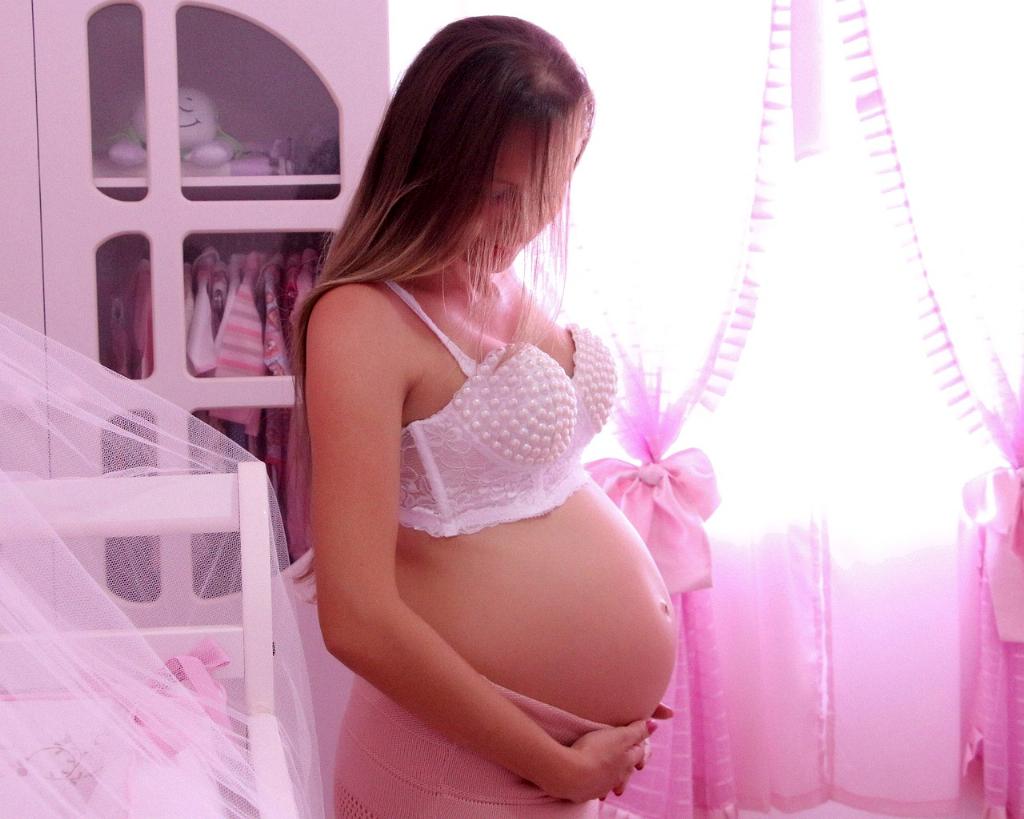When it comes to caffeine consumption during pregnancy, many expectant mothers are often left wondering about the optimal times to be cautious. Understanding the impact of caffeine on both the mother and the developing fetus is crucial in making informed decisions about its intake throughout pregnancy.
During pregnancy, caffeine metabolism undergoes significant changes. It is important to note that during the second trimester, the body takes almost twice as long to clear caffeine compared to when not pregnant. This means that caffeine lingers longer in the system, potentially leading to increased exposure for the developing baby.
As the pregnancy progresses into the third trimester, the clearance time for caffeine further extends to nearly three times longer than the non-pregnant state. This prolonged clearance time translates to a higher concentration of caffeine crossing the placental barrier and reaching the fetus, as the baby’s developing metabolic system is unable to efficiently process caffeine.
With these factors in mind, it becomes evident that the worst times for caffeine consumption during pregnancy are primarily during the second and third trimesters. The prolonged clearance time and increased transfer of caffeine to the fetus pose potential risks that need to be carefully considered by expectant mothers.
During the second trimester, when caffeine clearance is nearly doubled, it is crucial for pregnant women to be mindful of their caffeine intake. Limiting the consumption of caffeine during this period can help reduce the risk of exposing the developing fetus to higher levels of the stimulant.
As the pregnancy progresses into the third trimester, where caffeine clearance is significantly prolonged, the impact of caffeine on the developing baby becomes even more pronounced. Expectant mothers should exercise even greater caution during this stage to minimize the potential risks associated with increased caffeine exposure.
It is essential for pregnant women to be aware of the potential adverse effects of caffeine on fetal development and to make informed choices regarding its consumption. While moderate caffeine intake during pregnancy may not always have detrimental effects, it is advisable to err on the side of caution, especially during the critical second and third trimesters.
Consulting with healthcare providers and obstetricians can also provide valuable insights and recommendations tailored to individual pregnancy situations. By staying informed and proactive about caffeine consumption during pregnancy, expectant mothers can prioritize the health and well-being of both themselves and their unborn child.

